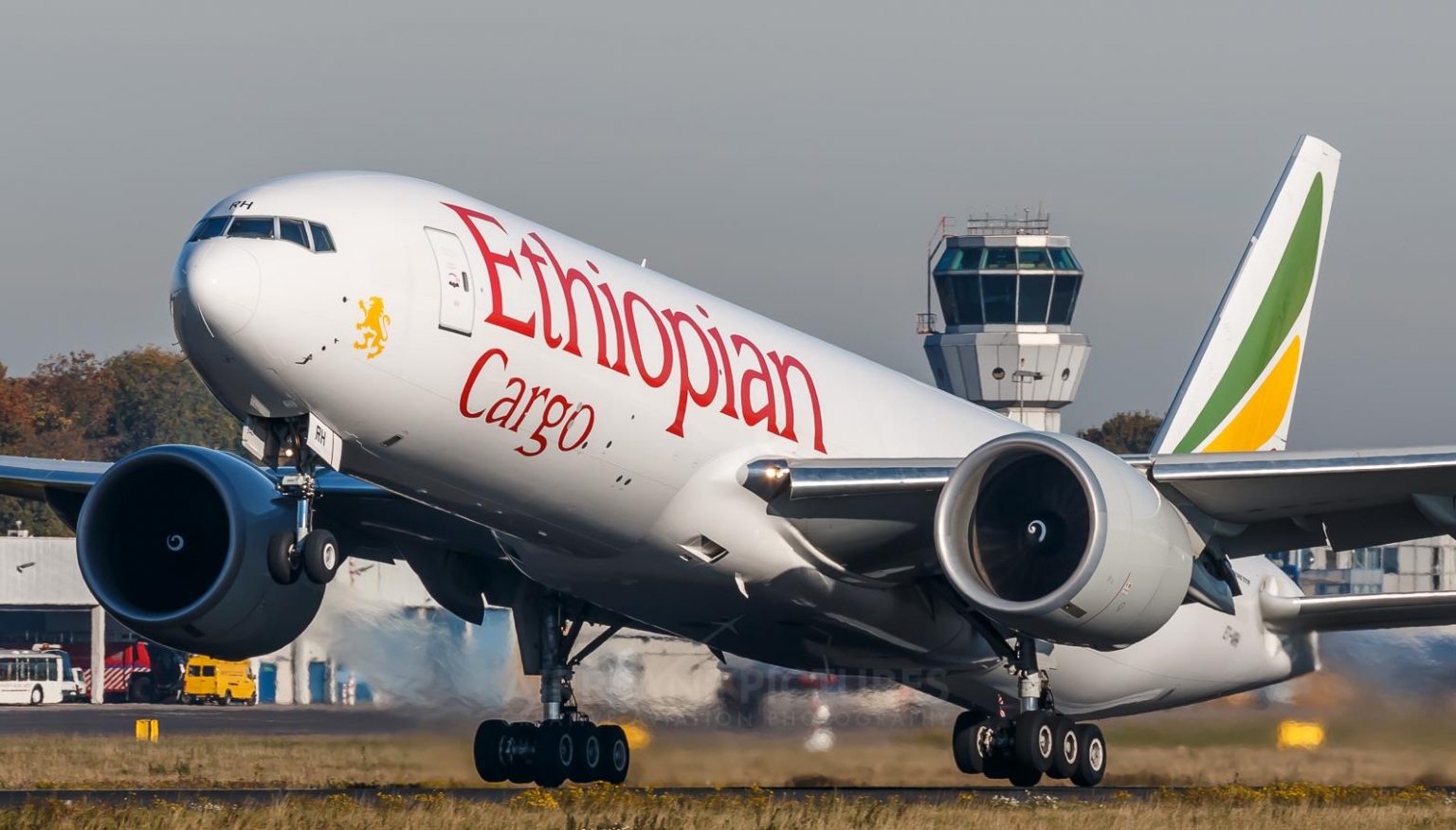In July, the World Health Organization (WHO) called on African countries to adopt comprehensive safety measures to prevent a surge in Covid-19 cases as air travel resumed.
The African economy relies heavily on travel and tourism and after weeks of grounding airlines, the effect s of the pandemic started being felt beyond the airlines’ books of account.
Dr. Matshidiso Moeti, the WHO’s regional director for Africa, acknowledged that air travel is vital to Africa’s economic stability but even as airlines resumed operation, there was a need not to let the guard down.
Read: A business of success in East Africa
East Africa has no doubt been affected by the pandemic and with weeks of flight groundings, the region had no option but to open up the skies and allow the movement of people lest it came crumbling economically.
So bad is the situation that Kenya Airways (KQ), which has been struggling with its balance sheet, is laying off staff in phases as the situation gets out of hand. Already, some 700 of the 1,500 employees targeted in the scale down have been served with redundancy letters.
In the next phase, KQ is targeting almost 200 pilots and more than 400 cabin crew.
Ethiopian Airlines which is the continent’s biggest airline dismissed reports in April that it was sending workers on compulsory leave due to the devastating impact of the coronavirus crisis. The plan was that the airline’s employees would proceed on a three-month leave without pay until the situation normalized. This could become longer if the pandemic persisted.
However, the airline says that it has dealt with the crisis without seeking government bailout or reducing employee salaries. This then raises the question of what the airline could be doing right that the other African airlines, including South African Airlines (SAA), are not.
SAA which has been in a financial crisis long before the coronavirus hit is set to restructure whittling down its workforce from nearly 5,000 in March to just 1,000.
For KQ and Ethiopian Airlines, however, they came up with a plan to ensure that their planes were not just on the ground. The two airlines increased their cargo flights — a move that became a game-changer in the midst of the crisis. While they could not recoup their losses by operating cargo flights, the two airlines managed to pacify a blow that could have become deadly.
While most airlines were forced to start operating in a very limited way or ceased flying altogether, KQ transformed into a cargo airline to survive the season since canceling all its international services.
In April, the airline started freighting equipment and agricultural produce to different countries among them the UK, where the airline delivered 40 tonnes of fresh fruit and vegetables.
With the world on lockdown the demand for cargo, either medical or food supplies, became an absolutely essential service. The airlines had to tap into this.
For Ethiopian Airlines, switching to cargo transport helped it avert financial ruin since the airline could maintain half of its income with 90 per cent of its passenger fleet currently grounded, according to CEO Tewolde Gebremariam, who was quoted by African Business in July.
With the dent occasioned the airlines in Africa’s fastest-growing region, diversification is what will see the airlines survive the effects of the pandemic.
During the pandemic, Ethiopian Airlines significantly grew its cargo market presence with more than 70 cargo destinations now being served in comparison to the 10 destinations it served at the beginning of 2020.
Ethiopian Airlines was strategically positioned thus it snatched the opportunity in the rapid surge in demand for medical supplies transport.
The airline has become a key transporter of medical essentials in Africa and cargo demand might just be what enables it to offset the losses in passenger revenue.
In March, Ethiopian Airlines stepped in to fully utilize its cargo capabilities and operations freighting more than 45,850 tonnes of cargo around the world.
With the resumption of scheduled flights, Kenya and Rwanda lifted a ban on international flights on August 1, joining Tanzania and Ethiopia which did so earlier.
As it stands, the airlines in East Africa need to learn a thing or two from Ethiopian Airlines to be able to clinch opportunities even in uncertain times.
Read: Is the surge in commodity prices in Kenya warranted?
